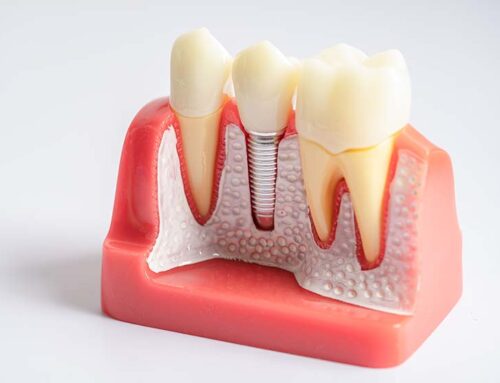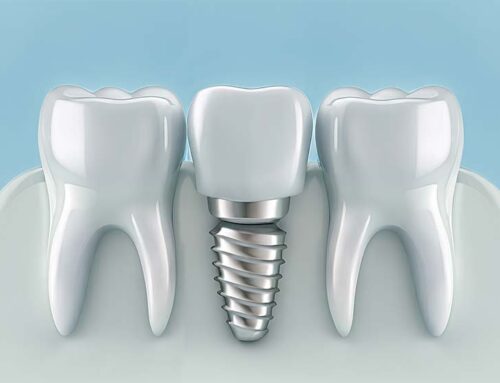The most permanent and natural solution for missing teeth is implant treatment. Dental implants are artificial tooth roots, usually made from titanium, which are compatible with the human body and placed in the jawbone where the missing tooth was located. Once a prosthetic tooth is attached to the implant, it closely mimics the appearance and function of a natural tooth.
Other treatments for missing teeth, such as bridge and full denture prosthetics, may require the filing down of neighboring teeth. Additionally, because there is no root in the jawbone, these methods cannot prevent gum issues or the weakening of the jawbone. Implants, on the other hand, protect the jawbone and do not harm adjacent teeth. Aside from natural teeth, only dental implants are able to support the jawbone and prevent bone loss in tooth restorations.
In the adjustment phase, dentures can sometimes cause difficulties with speech and may lead to concerns about shifting out of place while coughing, speaking, or laughing. They can also be challenging when eating, biting, or tearing food. Implants, however, function like natural teeth, offering comfort and ease with eating, speaking, and daily activities.
The main advantage of dental implants in treating missing teeth is undoubtedly their permanence, as they can last a lifetime. With proper oral hygiene and regular dental checkups, they offer a healthy, long-lasting solution. Regular brushing, flossing, and any other care recommended by a dentist are essential for maintaining them.
In conclusion, dental implants provide a permanent, healthy, and natural solution for missing teeth. With good oral care and dental checkups, they can be used for a lifetime, supporting the natural bone structure and offering a highly successful treatment option.







Leave A Comment